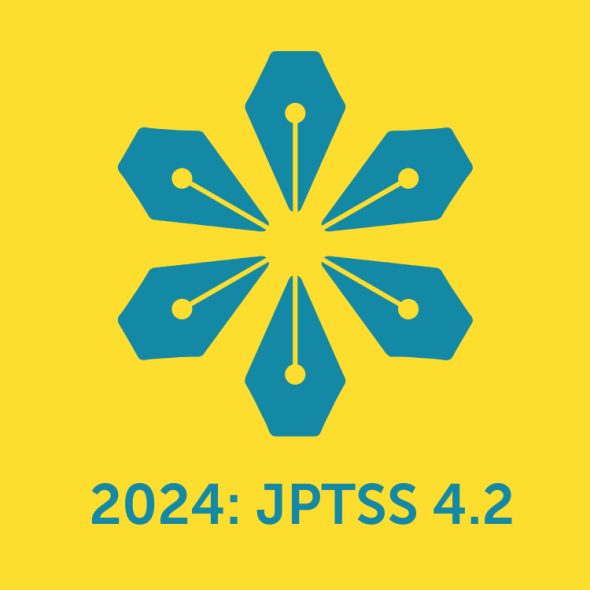I am so excited today to share that my article, "Planting the Seeds of Confidence: Nurturing Student Writers Through Imposter Syndrome," has been published in the latest issue of the Journal of Peer Tutoring in Secondary Schools.
This piece has been a true labor of love, and it's incredibly rewarding to see it in print. I haven’t really discussed this publicly, outside my writing center, but imposter syndrome is something I've struggled with throughout my career as a writer and educator. Even as I celebrate this accomplishment, that nagging voice of self-doubt still whispers. But as I've written and researched, I've come to realize that these feelings are not a sign of weakness or failure, but rather a common experience, particularly among high-achieving individuals.
Amber Jensen's introduction to this issue provides this overview of my article:
In the lead article, “Planting the Seeds of Confidence: Nurturing Student Writers Through Imposter Syndrome,” Michelle Boyd Waters (33) emphasizes the critical role of writing centers in helping students combat self-doubt and build academic resilience. She presents valuable and replicable strategies for peer tutors to support student writers in challenging self-doubt, setting achievable goals, and reframing negative thoughts. Waters advocates for integrating social-emotional learning in writing center practices, creating spaces where students can grow as writers and recognize their potential despite academic and social pressures.
Jensen's overview truly captures the essence of my exploration into imposter syndrome. Reflecting on my own experiences and those of my students, I grappled with the question of how to recognize and push back against the imposter syndrome in visitors to the writing center — or in my classroom:
I realized that a secondary school writing center could serve as a liminal space in which I could be uniquely situated to expose the root of this self-criticism to sunlight so student writers could grow their voices freely. My own experience, training, and these stories illustrated the need for secondary school writing centers to find ways to train their tutors to notice these weeds of doubt and provide writers with strategies to water and fertilize their confidence. But was this something I could really do?
Throughout the article, I dig into the roots of imposter syndrome, exploring how societal expectations, family dynamics, and educational structures can contribute to feelings of inadequacy and fraudulence. I also offer practical strategies for writing centers and peer tutors to identify and address imposter syndrome in student writers. Drawing on my own experiences and the experiences of my students and colleagues, I advocate for a compassionate and empathetic approach that empowers students to recognize their strengths, challenge negative self-talk, and cultivate a sense of belonging and self-efficacy.
I believe that writing centers have a unique and vital role to play in supporting student writers and fostering their confidence. By creating a safe and inclusive space for collaboration, feedback, and growth, writing centers can help students overcome their fears and anxieties and develop their full potential as writers and thinkers.
I hope that this article will be a valuable resource for educators, writing center consultants, and anyone who has ever struggled with imposter syndrome. Remember, you are not alone, and your voice matters.

